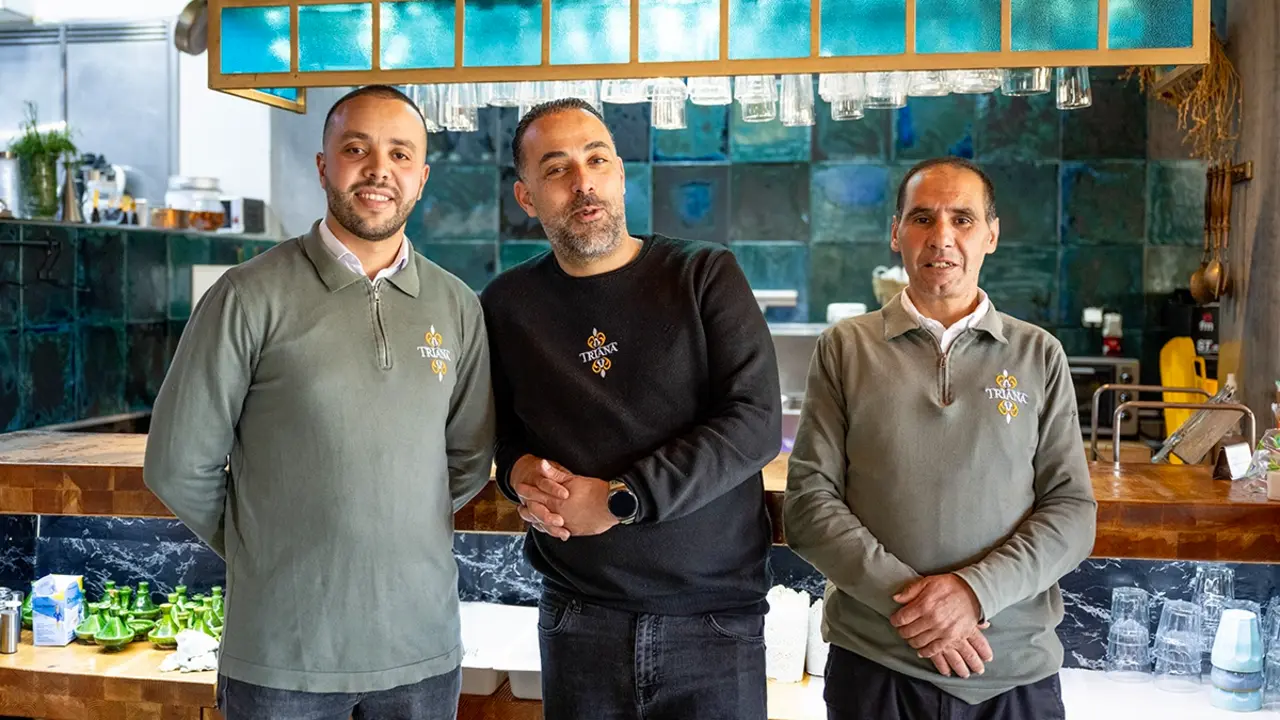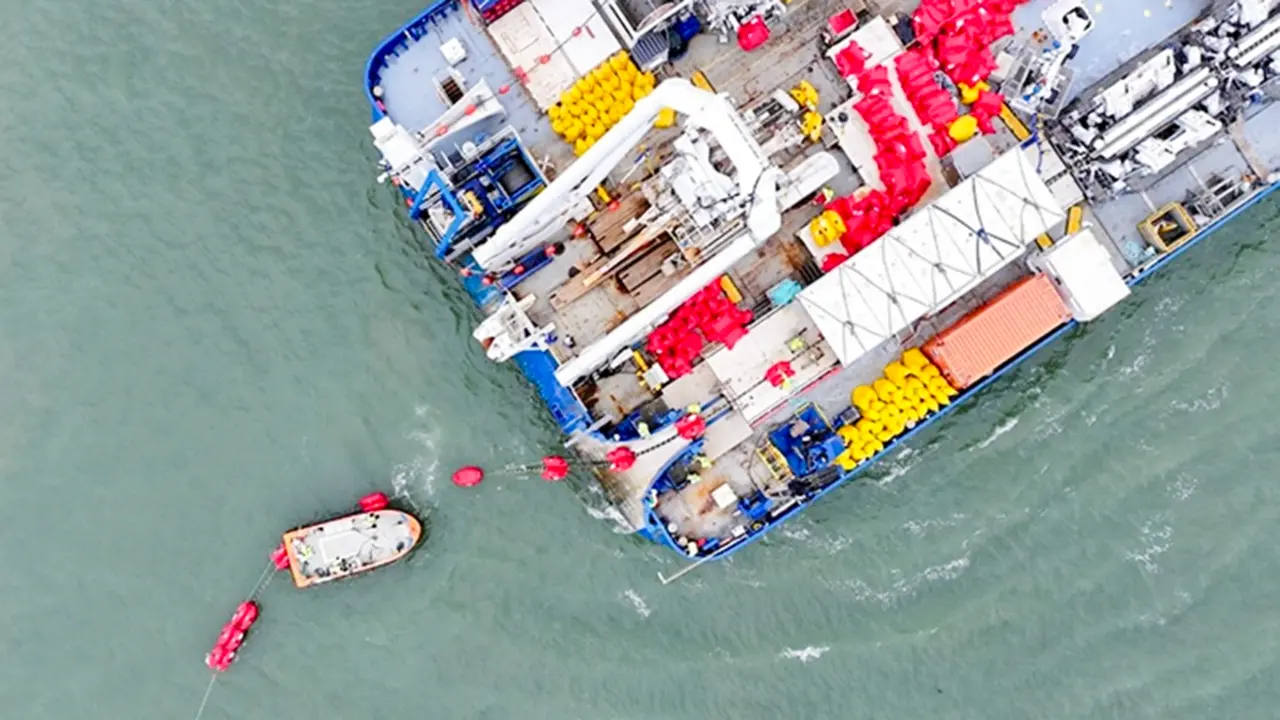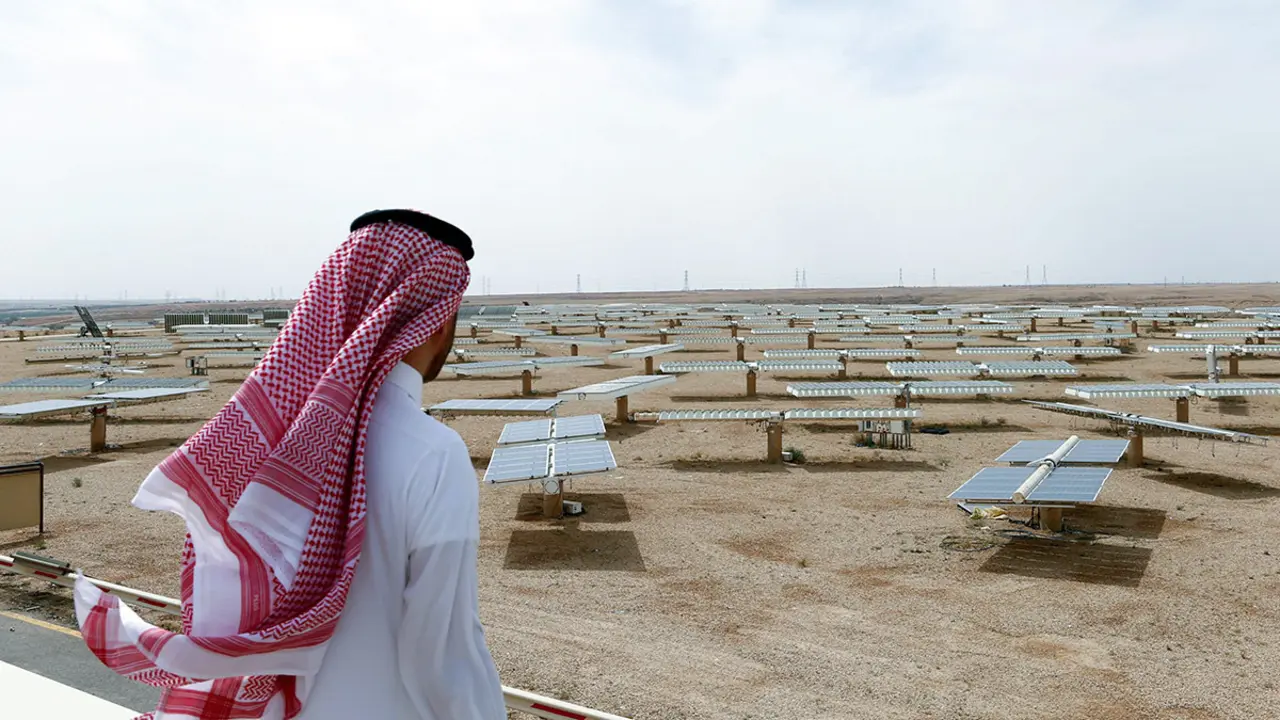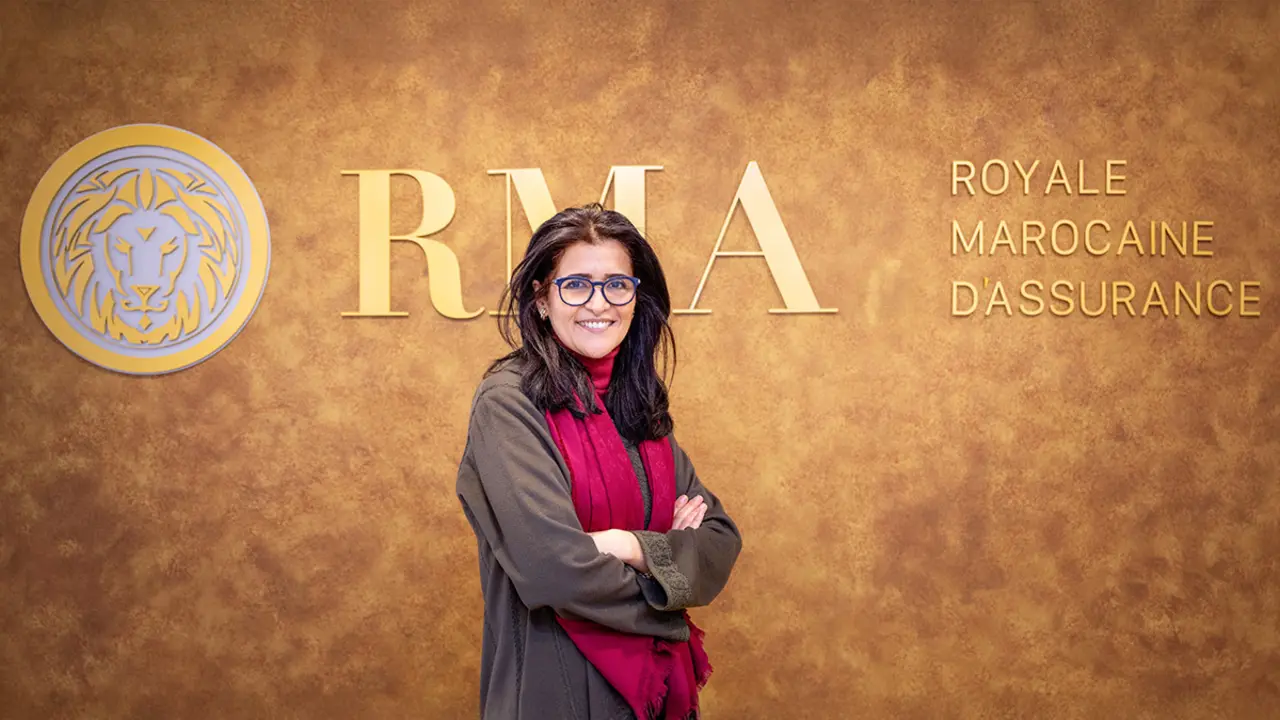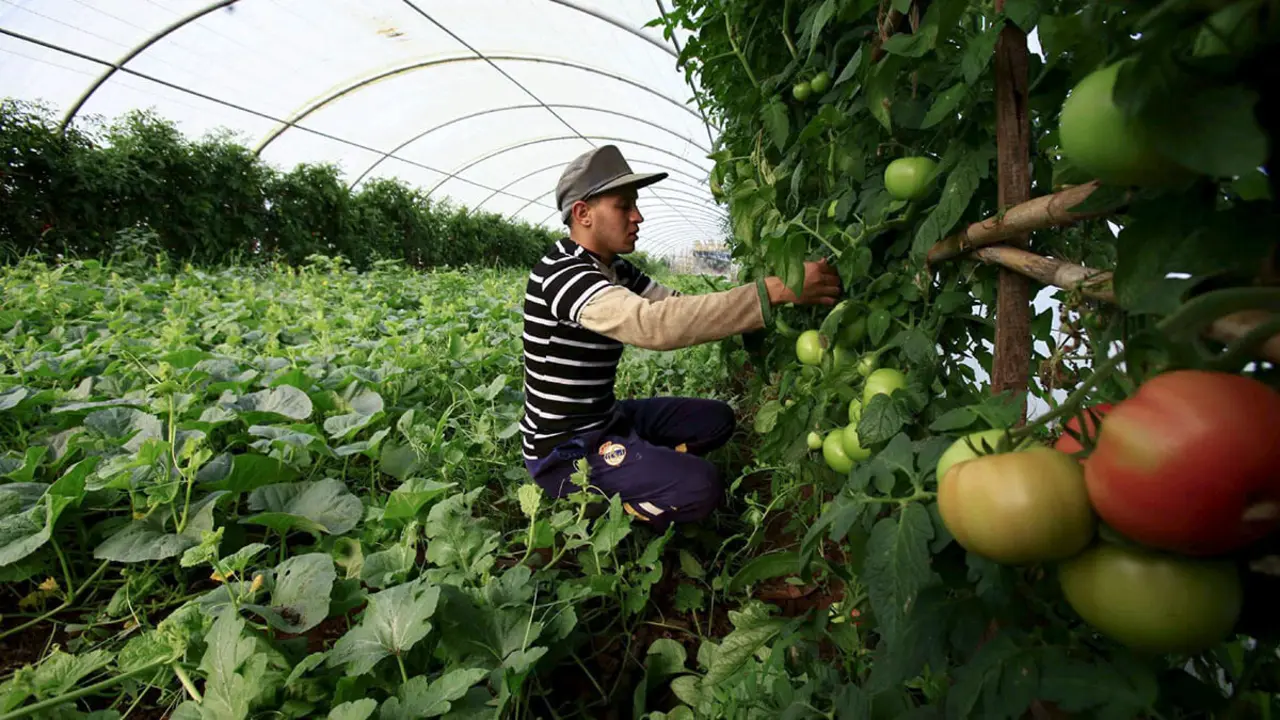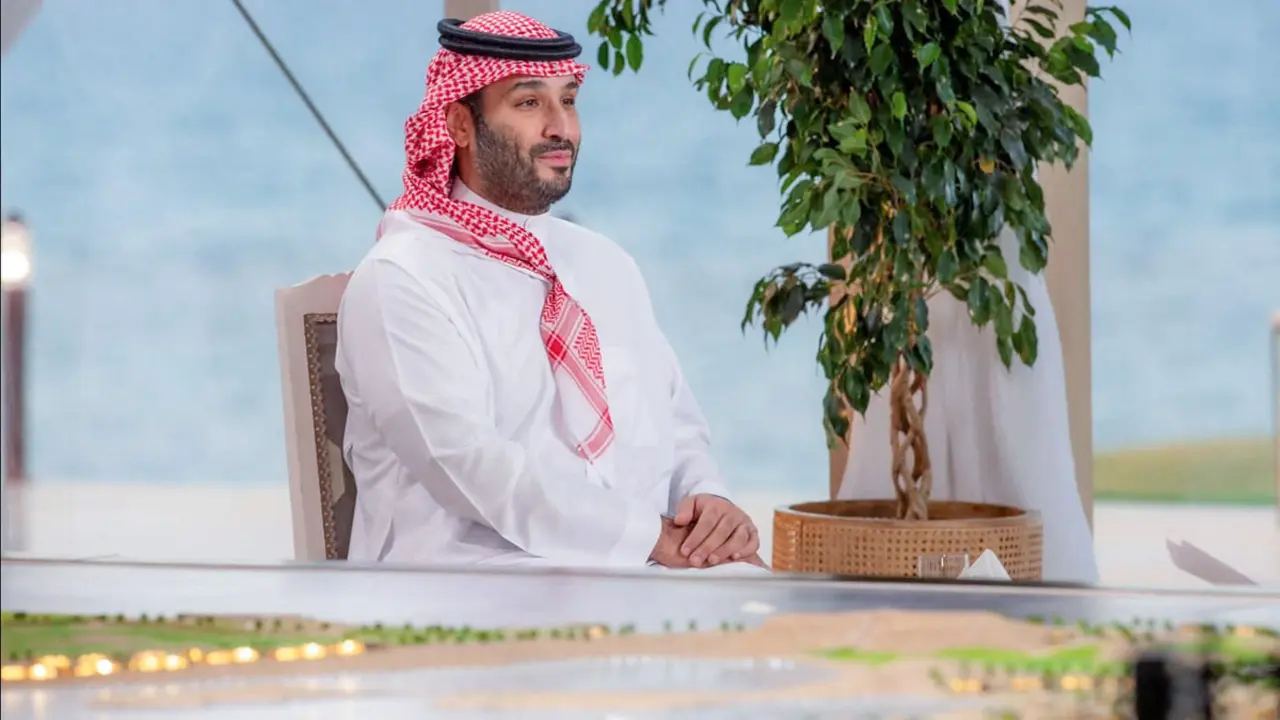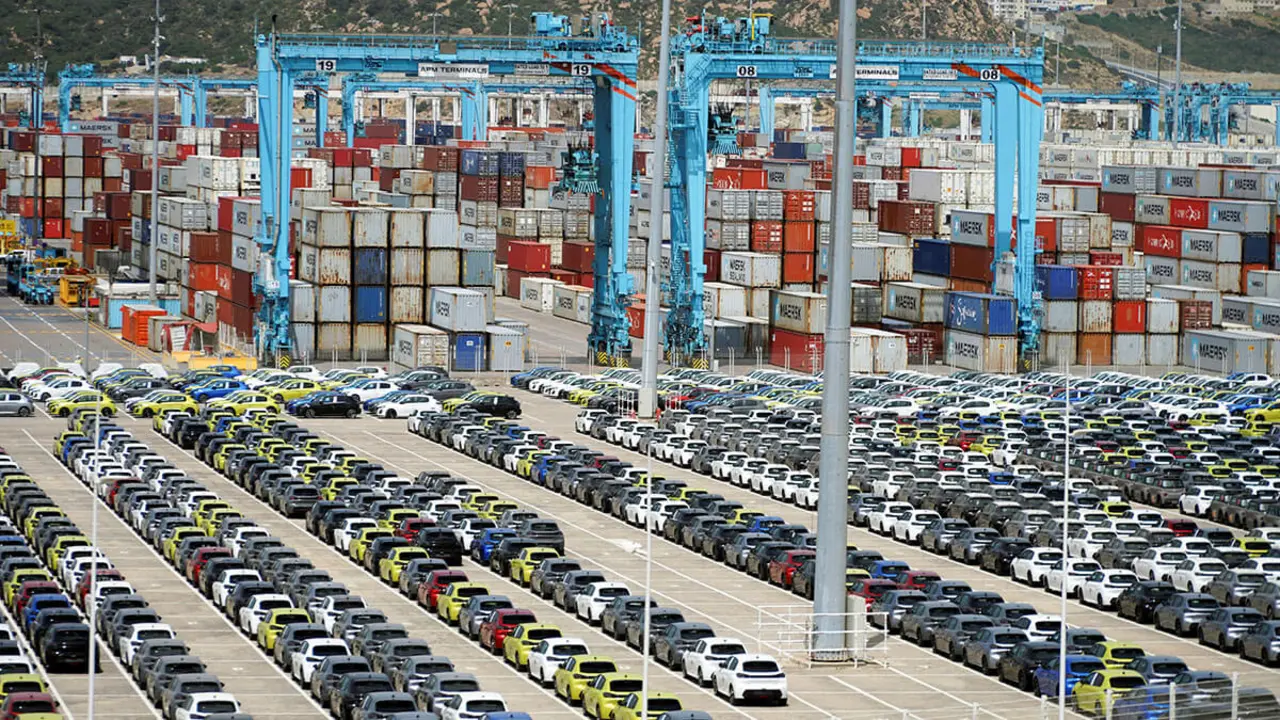Oil rises above $86 a barrel after Saudi Arabia's call for caution
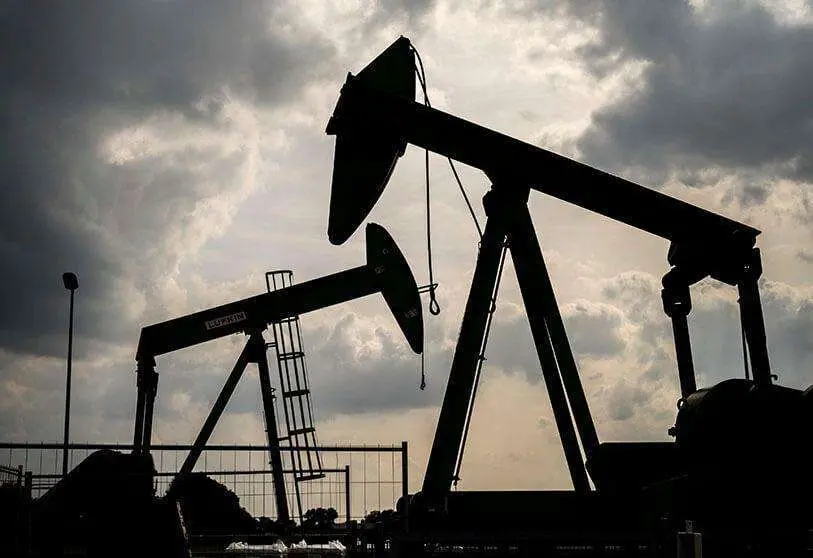
The crisis caused by the COVID-19 pandemic continues to leave its aftermath despite the general improvement in the health situation thanks to the arrival of the vaccine. One of those that has suffered the greatest impact is the oil market, which has been experiencing a steady rise that took the price of a barrel of oil to over 86 dollars on Monday. Saudi Arabia has warned the Organisation of Petroleum Exporting Countries (OPEC+) that demand is still threatened by the evolution of the pandemic and the global supply of crude oil must be controlled until they are able to secure the oil supply.
This week, the price of Brent crude has risen again by 0.8% to slightly above 86 dollars. This is less than half a dollar short of its highest since October 2018, when it marked a price of 86.43. However, Saudi Arabia is maintaining a cautious stance. Saudi Arabia's energy minister, Prince Abdulaziz bin Salman, assured in a statement to the US network Bloomberg TV that it should not be taken for granted that this price growth will continue in the coming weeks, a position that has been supported by Azerbaijan and Nigeria.

In the last 12 months, the price of barrels has more than doubled. This increase, driven by the development of the health situation against COVID-19, is generating some fear in the sector about the possibility of a sharp rise in inflation. Moreover, the Saudi energy minister has warned that demand could benefit this winter due to the rising price of natural gas, which has already led many countries to seek oil derivatives as an alternative.
In the event of a colder winter than usual in the northern hemisphere, Abdulaziz bin Salman explains, demand for barrels per day could rise from 500,000 to 600,000. Another aspect on the table is the position of certain companies that are considering making the transition from natural gas to crude oil. They also warn that this trend would not be very favourable to the objective of achieving a decrease in petrol prices in Europe, Asia or the United States, where the price of fuel has been rising exponentially for months.
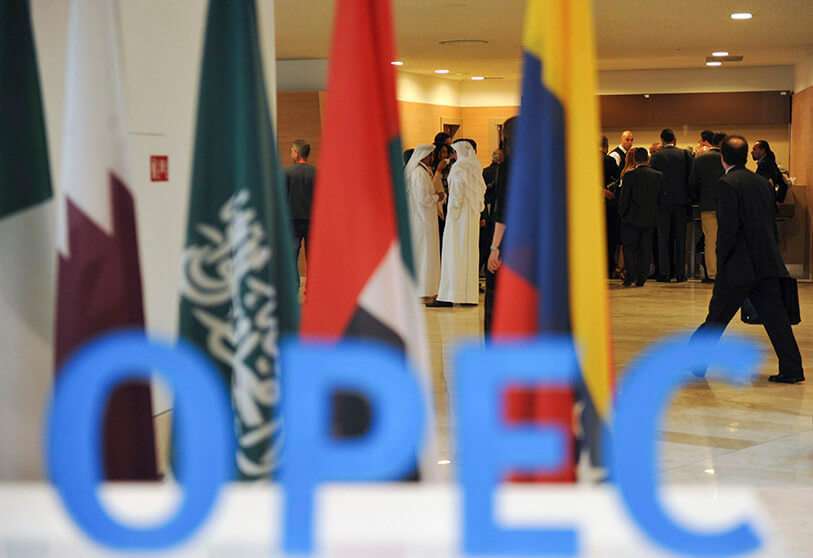
The investment group Goldman Sachs supports Saudi Arabia's position by being even more optimistic about barrel demand: "Demand will remain close to pre-Covid levels this winter, even with average winter temperatures". They believe that, even with normal temperatures, barrel demand could grow to 1 million barrels per day. For the time being, OPEC prefers to remain cautious and maintain production at 400,000 barrels per day, despite pressure from abroad to increase output in the coming months.
Warren Patterson, head of commodity strategy at ING Group in Singapore, says that "the Saudi comments reinforce the view that OPEC+ will maintain its cautious approach, and with demand looking better, this means the market will remain tight for the rest of the year". This, coupled with OPEC+'s difficulty in curbing the rise in natural gas prices, means that many countries are beginning to contemplate the possibility of using oil derivatives for the coming winter months.

